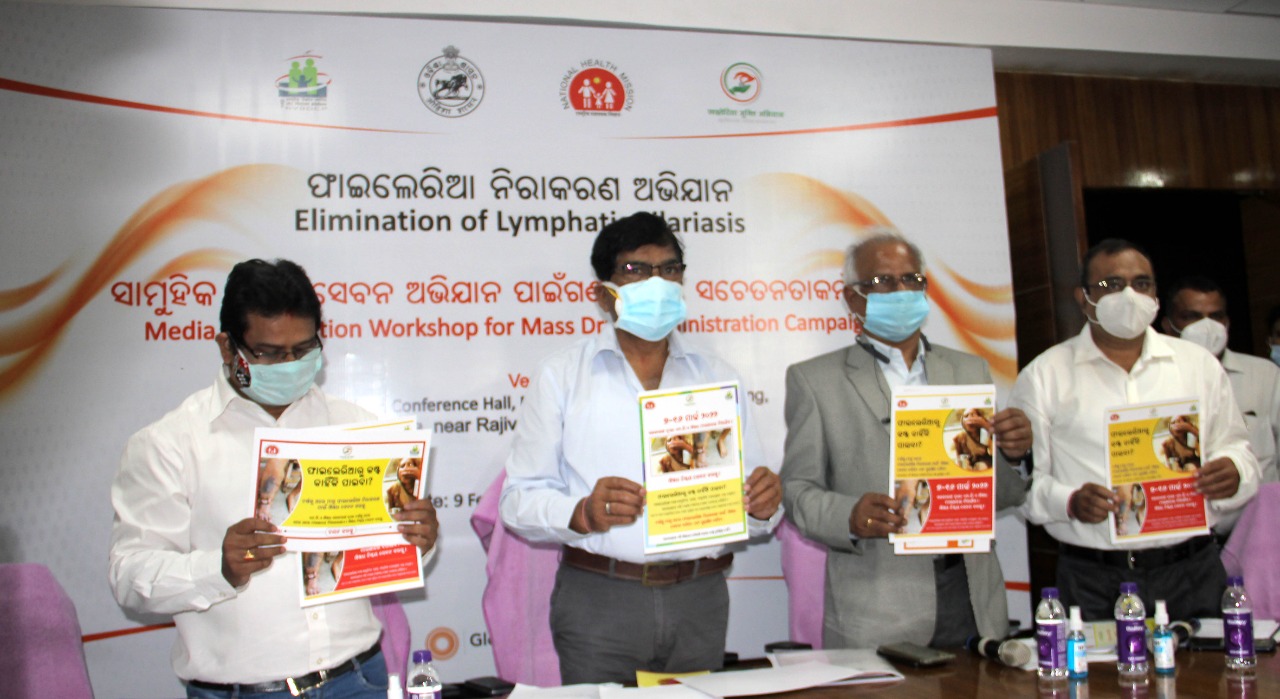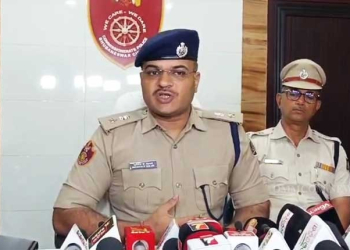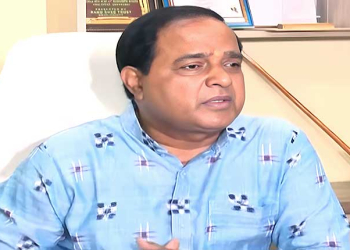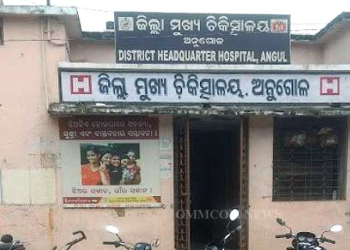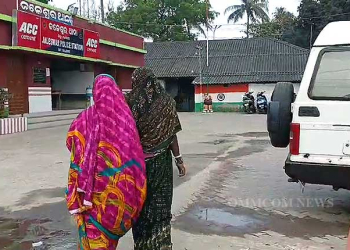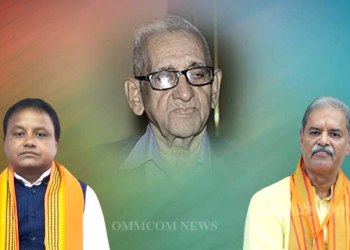Bhubaneswar: The Department of Health and Family Welfare will organize a Mass Drug Administration (MDA) round in a phased manner for the elimination of Lymphatic Filariasis (LF) in 15 endemic districts of the state. In this regards, A virtual media sensitization workshop was organized in the state by the Health department in collaboration with Global Health Strategies. The objective of this workshop was to ensure the dissemination of information highlighting the debility caused by Lymphatic Filariasis, so that people can get accurate information about this seriousness of the disease.
During the workshop, Dr Shubhashisha Mohanty, State Program Officer, Vector Borne Diseases, Department of Health and Family Welfare said, “Keeping in mind India’s commitment to eliminate filariasis by 2030 and acknowledging the importance of continuing important public health initiatives, the Government of Odisha is undertaking MDA rounds in 15 LF endemic districts in phases. The MDA rounds will be organized as per COVID-19 guidelines issued by the Government of India. The first phase of the Mass Drug Administration (MDA) program will begin from February 10 to February 19, 2022 and the second phase from February 07 March till 16 March 2022. 8 districts that are undertaking MDA from 10 February include Angul, Balasore, Cuttack, Ganjam, Dhenkanal, Jharsuguda, Nuapada and Nayagarh. The 7 districts undertaking MDA in the second phase include Bargarh, Keonjhar, Kandhamal, Mayurbhanj, Sonepur, Sundargarh and Sambalpur.”
Dr Niranjan Mishra, Director, Public Health, Department of Health and Family Welfare, Government of Odisha, said, “Filaria is a serious public health problem which is spread by mosquito bites. Filariasis is one of the leading causes of long-term disability worldwide. Commonly acquired in childhood but manifest in adulthood, this infection damages the lymphatic system and if left untreated, it causes abnormal swelling of the body parts which is irreversible. People with Filariasis often suffer from manifestations such as Hydrocele (inflammation of the scrotum), lymphoedema (swelling in the limbs) and Chyluria (milky white urine).”
“The condition affects livelihoods, opportunities and working capacity of those suffering from LF and they often become a subject of stigma. Filariasis is a disabling disease which can be prevented by consuming anti-filaria drugs (DEC and Albendazole) administered by trained health workers,” he added. Dr Mishra further spoke about the minor side-effects which is usually rare and RRTs are there at field to tackle any such events. He also mentioned that “Albendazole” is to be chewed and DEC to be engulfed. These medicines should be taken after food.
India’s National Programme for Elimination of Lymphatic Filariasis has a two-pillar strategy: First is Mass Drug Administration (MDA): Anti filarial drugs are administered to prevent transmission of Filariasis in the endemic areas. Secondly, Morbidity Management and Disability Prevention (MMDP): Caring for patients through home-based morbidity management for lymphoedema and surgical correction for hydrocele cases.
Dr S Patnaik, Joint Director, Nutrition, Department of Health and Family Welfare, spoke about the benefits of deworming. He said that “the preventive drugs administered during MDA such as Albendazole have additional benefits like de-worming, which increases absorption of nutrients in children and helps in their physical and cognitive development.”
Dr Ajit Kumar Mohanty, Special Secretary, Department of Health and Family Welfare said, “During MDA rounds, all safety precautions (hand hygiene, mask and physical distancing) will be followed to prevent the spread of COVID-19. It will further be ensured that eligible beneficiaries in the endemic districts must consume anti-filarial drugs in the presence of health workers. Everyone except children below 2 years, pregnant women and seriously ill people must consume the prescribed dosage during the rounds in the presence of trained health workers”. He also stressed that, “Under this programme, the participation of community is extremely crucial. With the commitment towards elimination of Filariasis, it is very important for public representatives, officials, health workers and the community to make the filariasis elimination Program a public movement”. He also stated that “only with the support of the community and the media, we will be able to eliminate LF completely. If beneficiaries in large numbers consume anti-filaria drugs, it will break the chain of transmission.”
During this campaign around 55,544 trained volunteers including ASHAs will visiting every houses-hold as Drug Administrators in 8 districts. Lastly, Anuj Ghosh, Senior Director, Global Health Strategies, thanked all participants and emphasized that with the combined efforts of all, we can eliminate the debilitating disease like Lymphatic Filariasis from the state.
State representatives of World Health Organization (WHO) and Project Concern International (PCI) were also present at this media workshop.



